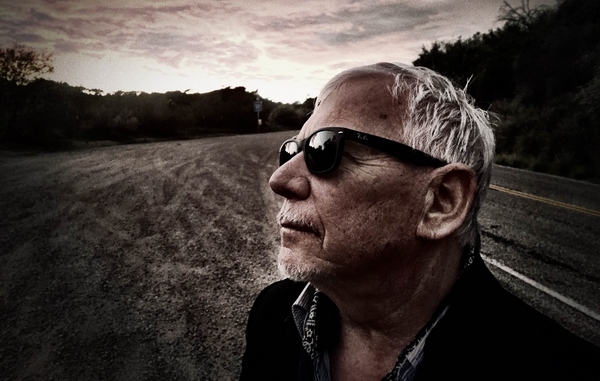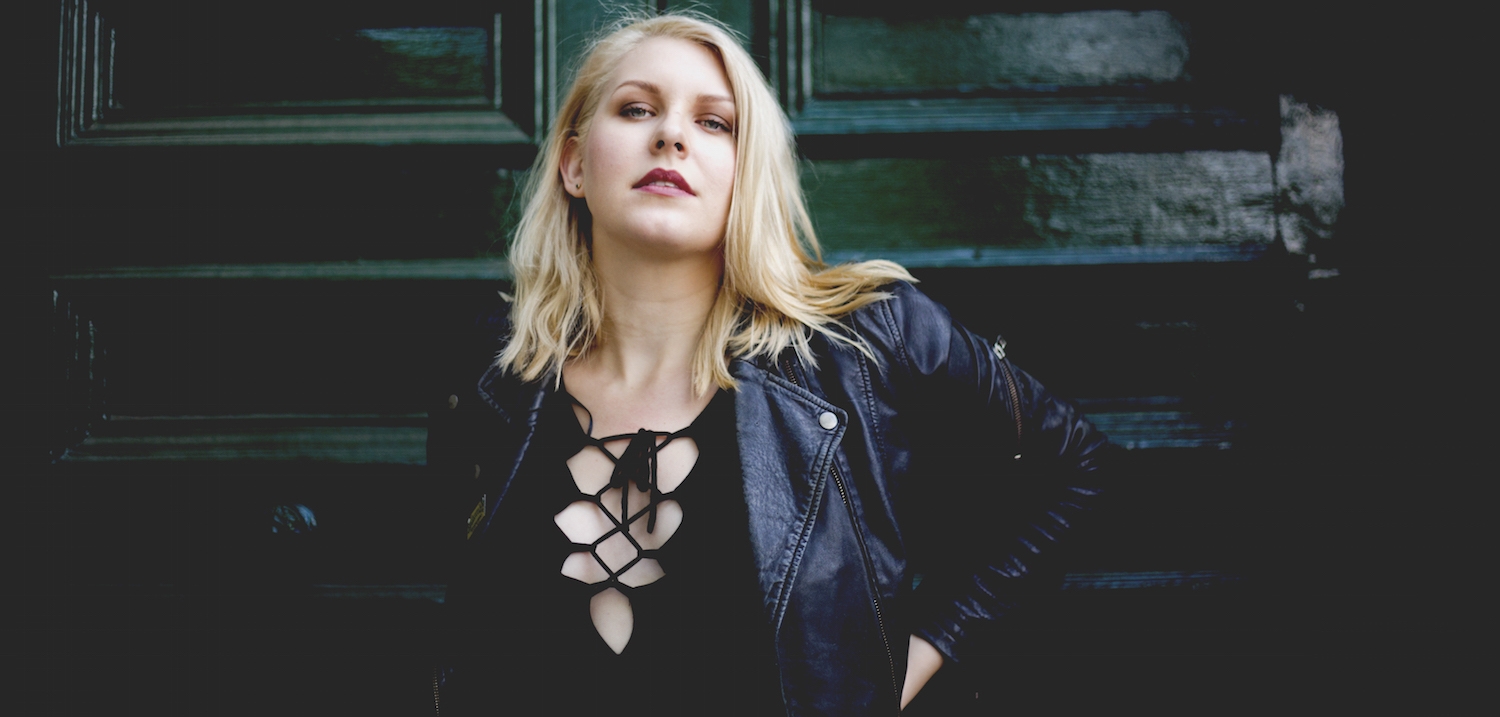When asked what he does on his days off, for example, he admits he doesn’t really have them. “It’s rare to spend a day off without at least writing down some notes, especially as I have been working on a new book in every spare moment,” he says.
For Burdon, playing shows isn’t so taxing as the filler in-between. “The most tiring part of being on the road is traveling from city to city, catching airplanes, sitting in airports, going through customs,” he says. “The time on stage is the reason for enduring the rest of it.”
It quickly becomes apparent that few things give Burdon as much pleasure as getting up on stage, and he talks about performing with near-spiritual reverence. “I draw my energy from the audience and so whatever they put out there I soak it in and multiply it,” he says. “That’s why some gigs are more energetic than others. I become at one with the audience and with the rhythm and I feel tuned in to all of my senses. It’s the moment everything else is leading up to. I notice details around me, but my soul is possessed by the music. At the same time I feel like I’m traveling outside of my body and vulnerable to my fans. They can either devour you or feed you.”
Several decades spent touring the world has equipped Burdon with the ability to note differences between audiences from different parts of the globe. He seems to relish separating the crowds from each other, tagging them as a scientist would a flock of migrating birds.
“I’ve always noticed that European audiences tend to cut loose more than American audiences do,” Burdon says. “Smaller, intimate clubs are still my favourite, when all the people are cramped together in a sea of bodies, moving to the rhythm. Places where they don’t get as many shows, people are the most appreciative. It is interesting to see differences from country to country and even from city to city. It’s like having great sex. It’s all about the interaction. If I can hear myself, hear my band, see my audience, feel their enthusiasm, and connect with them, with no interference, that it is a great gig for me.”
Although music takes up the majority of Burdon’s time, it’s not his sole pursuit, and over the years he’s moonlighted as a visual artist, author and actor. “Painting has some of the spontaneity and immediacy of singing,” Burdon says, explaining the difference between the art forms. “It is a different experience every time and it’s all about capturing the moment’s inspiration. Writing is a more deliberate process and one can sit with it, rework it and perfect it over time. It also requires a lot of patience, which I don’t always have.”
That said, not all of his artistic pursuits give him as much pleasure as others. While he is both an actor and a cinephile – he cites George Miller’s Mad Max: Fury Road as the last truly great film he has seen – he takes issue with the long hours required by moviemaking.
“With film work, the days are long and start far too early and there is way too much waiting around,” he says. “Of all of the artistic disciplines, the one I chose as my life’s primary work is the one that involves all of the senses simultaneously. Music transcends them all.”
Burdon is still writing and releasing music, and his last album ‘Til Your River Runs Dry was released to near universal acclaim. These days he likes to record music in a way that is simultaneously structured and spontaneous.
“I go into a studio with a solid idea of what I want to achieve. With my notebook stuffed with scraps of paper, songs half written on the backs of matchbooks and hotel room stationery. Then, it’s a spontaneous act of creation in the studio. I don’t go for perfection but rather an honest representation of the moment.”
For Burdon, music isn’t just a job, or even a hobby – it’s the source of his strength. It gives him hope when nothing else does, and although he seems painfully aware of the dark times facing the human race, he’s not giving up.
“We have access to all the great minds, information, music, literature, history, and yet, we still disagree about so many basic things,” he says. “Humanity and the planet are at a crossroads and we’ve got to get it right. We need to stop fighting for long enough to solve the problems we’re facing, from hunger and disease to global warming and running out of water. If we can learn to live together, the future is bright. I still believe in love and music and the potential of human beings to address anything that comes our way.”
BY JOSEPH EARP







